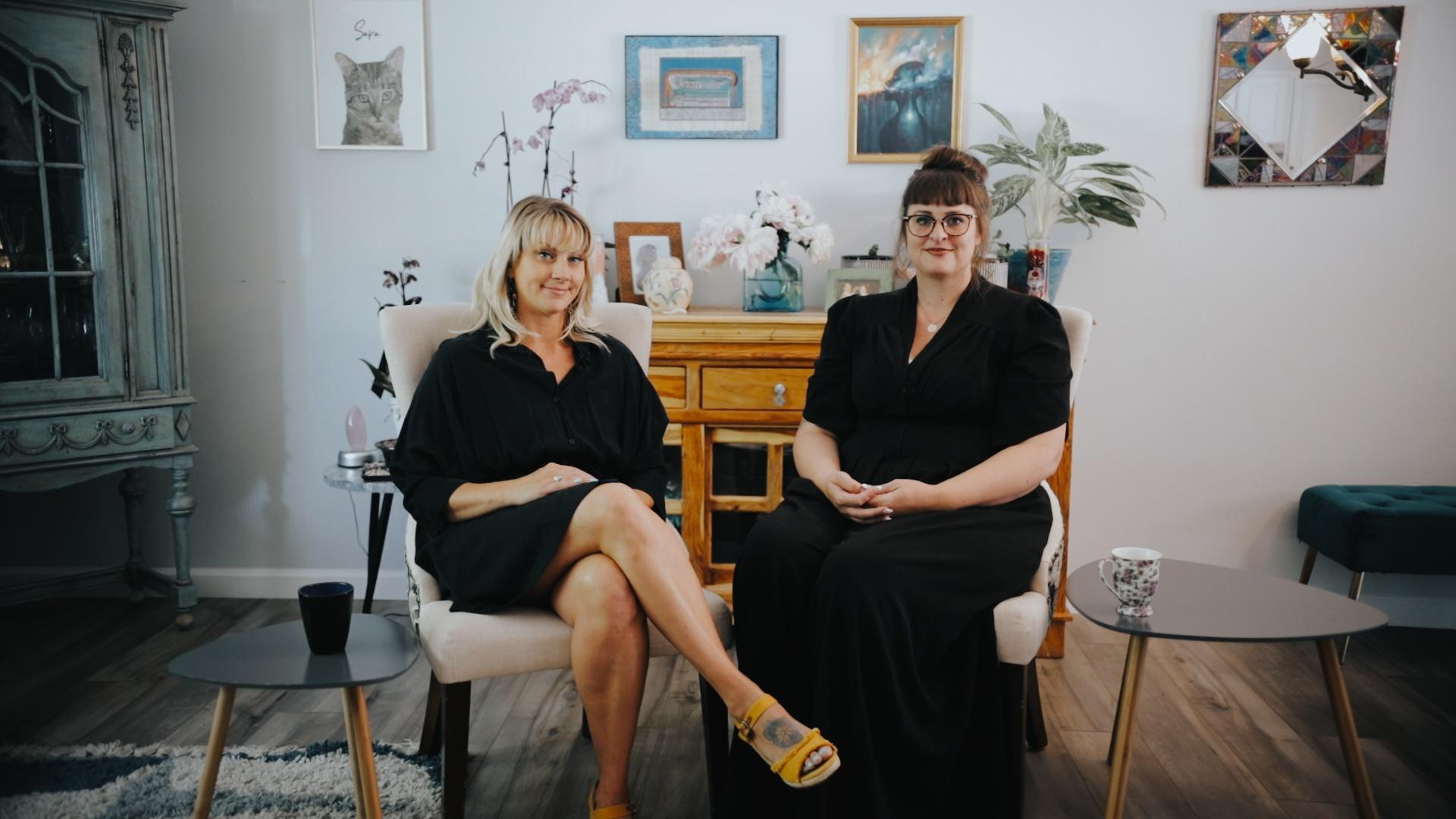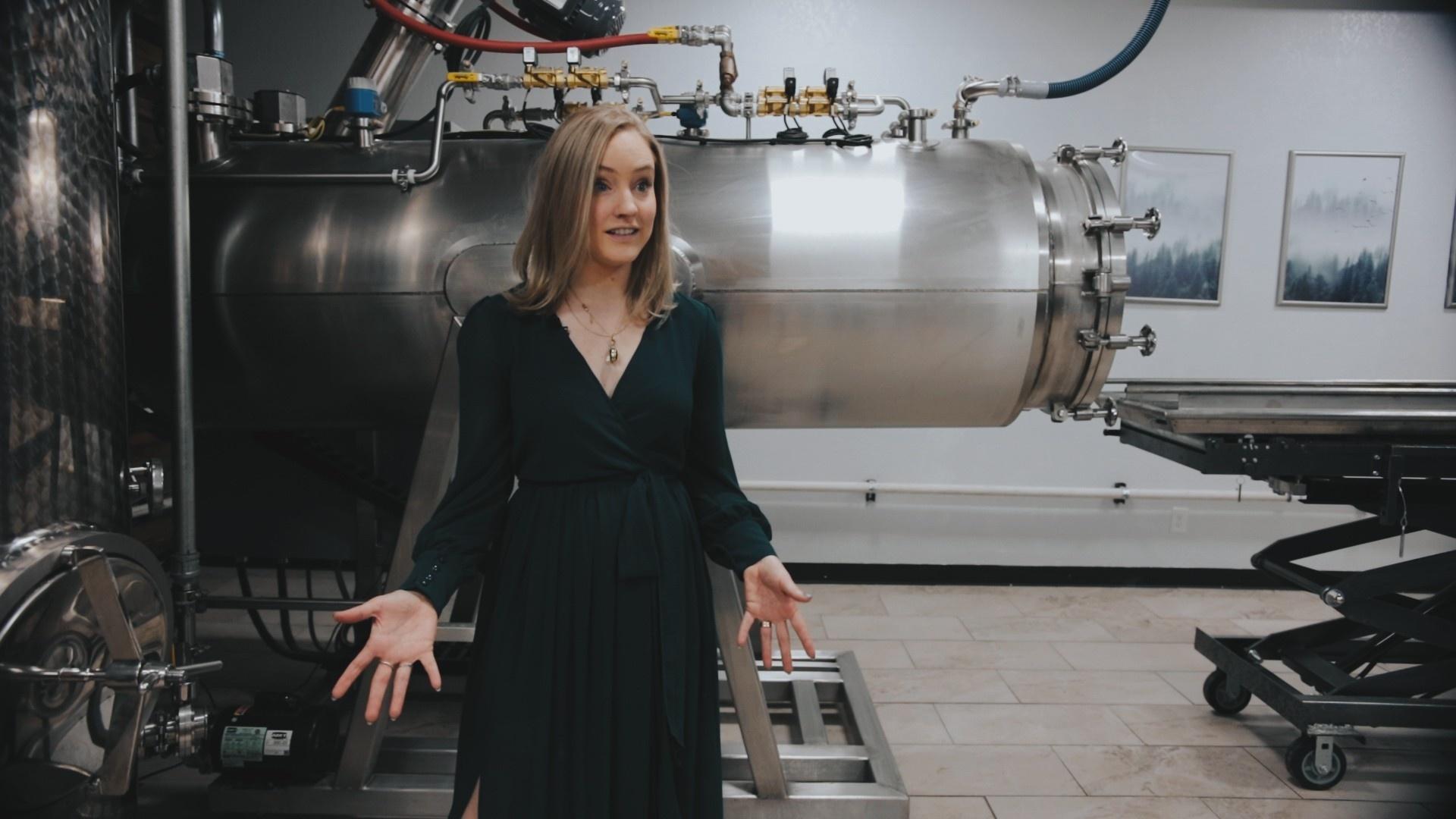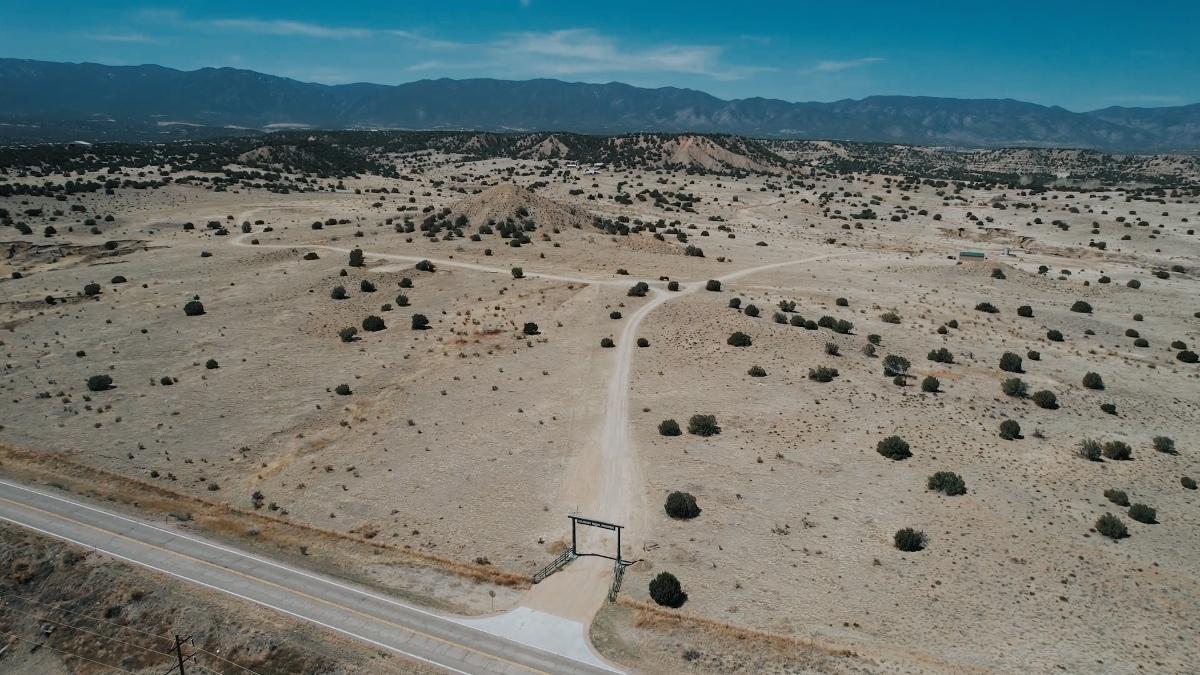DENVER — Erin Merelli and Lauren Carroll want to make one thing clear: you are going to die.
“It’s going to happen, it’s inevitable, there’s nothing we can do to change that,” Carroll said.
It may sound morbid, but the pair are very used to having conversations like this one — Merelli and Carroll are death educators, death doulas and the founders ofDeathWives.
“At DeathWives we want to make understanding death and learning about death accessible for people,” Merelli said. “We’re all going to experience it, and so how can we bring that to people in a way that’s digestible and easy to access — and even affordable?”
While the DeathWives offer a variety of services — grief camps, end-of-life doula services and death-work coaching, to name a few — their primary focus centers around education. They currently offer a range of courses to serve a variety of needs: Death doula certification courses prepare future doulas for a career in death work; a "Plan your own Funeral" course educates people about all of their end-of-life options, from a traditional funeral to services like water cremation and natural burial. Educating the public about these options is one of the DeathWives’ most important goals.





